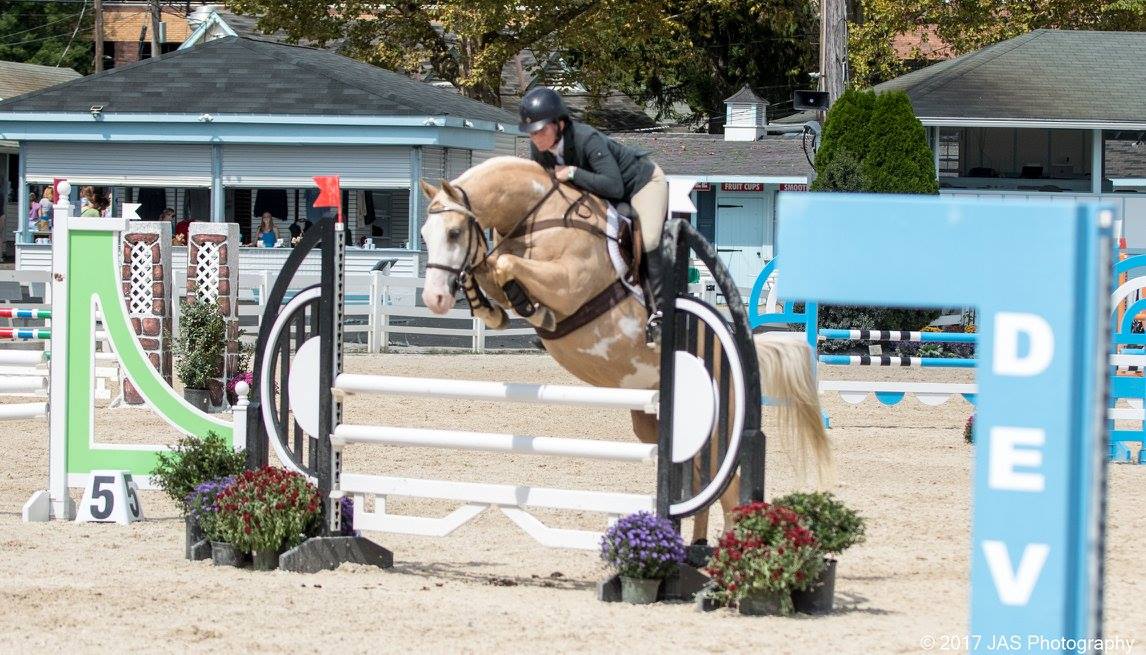Agree with others that it’s dependent on what is written in the contract. My horse is on lease right now. We’ve structured it that all routine vet care and minor non-routine (e.g. cuts, abscesses, etc) are responsibility of leasee. All major is covered under Major Medical & Mortality insurance that I hold.
In addition to spelling out who covers costs, we also spelled out minimum care requirements (e.g. what feed, what supplements, turn out, exercise) and that any changes need to be communicated in writing for approval by owner.
We also spelled out what happens to horse in event of injury. .e.g., if major injury happens leasee is required to do rehab until back to level of performance at start of lease OR until agreed termination date (we resign the lease annually). If career ending injury, leasee is responsible for any rehab required and care until end of lease unless owner and leasee mutually agree to terminate early.
This doesn’t prevent generosity from either side (e.g. as owner I could offer to take injured horse back to rehab myself or could offer to help with above and beyond vet costs) but it very explicitly sets expectations in almost all scenarios so little would need negotiating in the event of injury, sickness, etc.
Cover your bases in the contract and then allow generosity and flexibility to flex within those if unfortunate scenarios arise rather than relying on generosity and flexibility to set the plan in the moment of those scenarios. It’s easier to agree to terms when advanced planning as no emotions are yet involved.


 ). I wrote into the lease that in the case of a colic, I would cover and make all decisions.
). I wrote into the lease that in the case of a colic, I would cover and make all decisions.